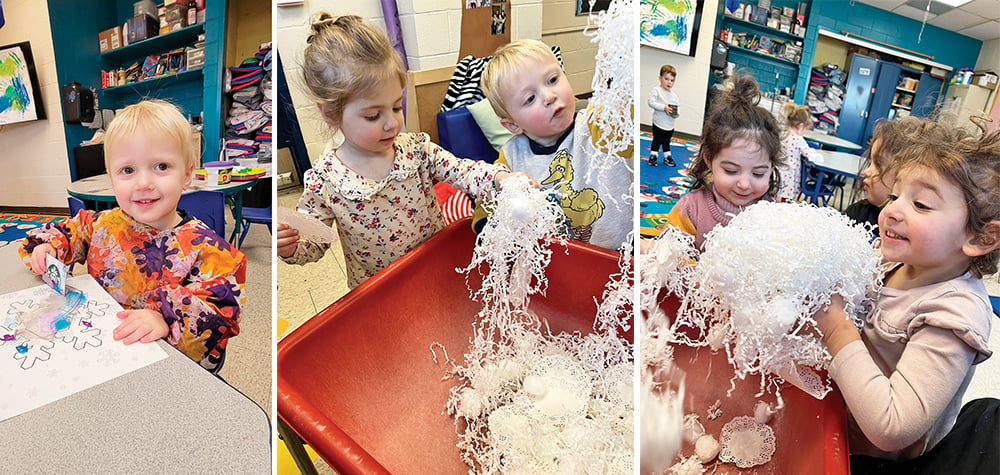We feel that children are being adversely affected by their involvement in sedentary activities and with toys that are technological in nature that do not give children the chance to develop certain motor skills. This is actually ironic because occupational therapy has always been at the forefront of technology and its application is used for individuals with special needs. For example, occupational therapists (OTs) were using environmental control units and enabling people to control the electronics in their homes through their PCs long before the technology was introduced into the average home. Advances in technology have allowed people otherwise disabled to be active participants using a variety of devices.
So, it seems, that as OT’s, we advocate for technology. While this is true, it is important to understand that technology is not the first choice; rather it is used as an adaptation when access is limited. For example, as occupational therapists we continue to include handwriting as a goal of ours despite the fact that as children advance to the older grades they will most likely be using a computer for most of their work. Handwriting is still considered an important developmental skill. In these times, however, technology has become the modus operandi and rather than fight it all the time, we have decided to use this opportunity to give you some ideas to help enhance developmental skills through technology. Yes, “if you can’t beat ‘em, join ‘em.”
The Wii Fit is an example of an activity that is both enjoyable as well as developmental in that the virtual games can address fundamental skills such as balance, endurance, strength, motor planning, and eye-hand coordination. While many of these milestones are best accomplished through more conventional games, predominantly while playing sports, The Wii is an excellent additional tool, particularly for those children that have difficulty with competitive sports. While we are not advocating giving up on the learning of sports, we are agreeing that technology can help to increase the skills needed to go out and play with a ball.
Additionally, there are various new apps that have been created to address specifically fine motor skill development, as well as dexterity and eye-hand coordination. Furthermore, games such as Leap pads continue to address these goals. Often we find that the children with the most difficulty gaining fine motor and pre-writing skills are the same children that refuse to sit at home and color. We often recommend that while we are working on pre-writing skills in the office, parents should try to find various different types of coloring activities and leave them around the house. Obviously if you have small children, you might not want to have crayons and markers all over the house. If this is the case, have a fully stocked coloring box that can easily be taken out and put on the table and used under supervision.
We suggest that parents offer coloring as often as they can and to be as creative with their choices of art activities. The act of coloring will help some of the skills we are addressing become more attainable. We recognize, however, that due to the high interest involved with computers and technology, children are more apt to participate in pre-writing activities if they are computerized. Therefore, while these games should not replace paper and crayons, it is an additional tool that can be used to enhance those prewriting skills.
In order to assist you in finding helpful apps and games, the following are some buzz words to aid you in your search.
• Dexterity
• Eye-hand coordination
• Visual scanning
• Motor planning
• Timing
• Handwriting
• Visual memory
Parents, please keep in mind, that you should be limiting your children’s participation in all forms of technology to best enhance their overall development.
Alyssa Colton MA, OTR and Aviva Lipner MA, OTR are pediatric occupational therapists and owners of Kids’ Therapy Place, LLC. www.kidstplace.com
By Alyssa Colton MA, OTR/L and Aviva Lipner MA, OTR/L













